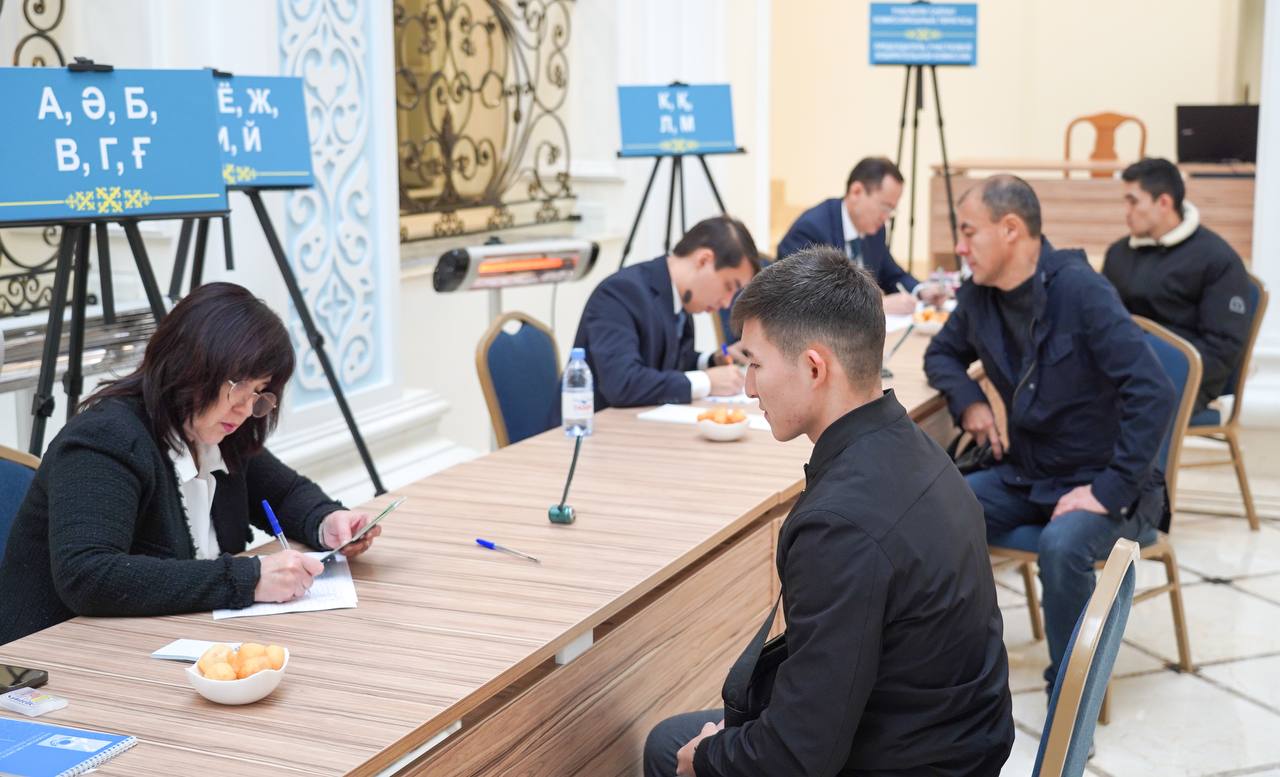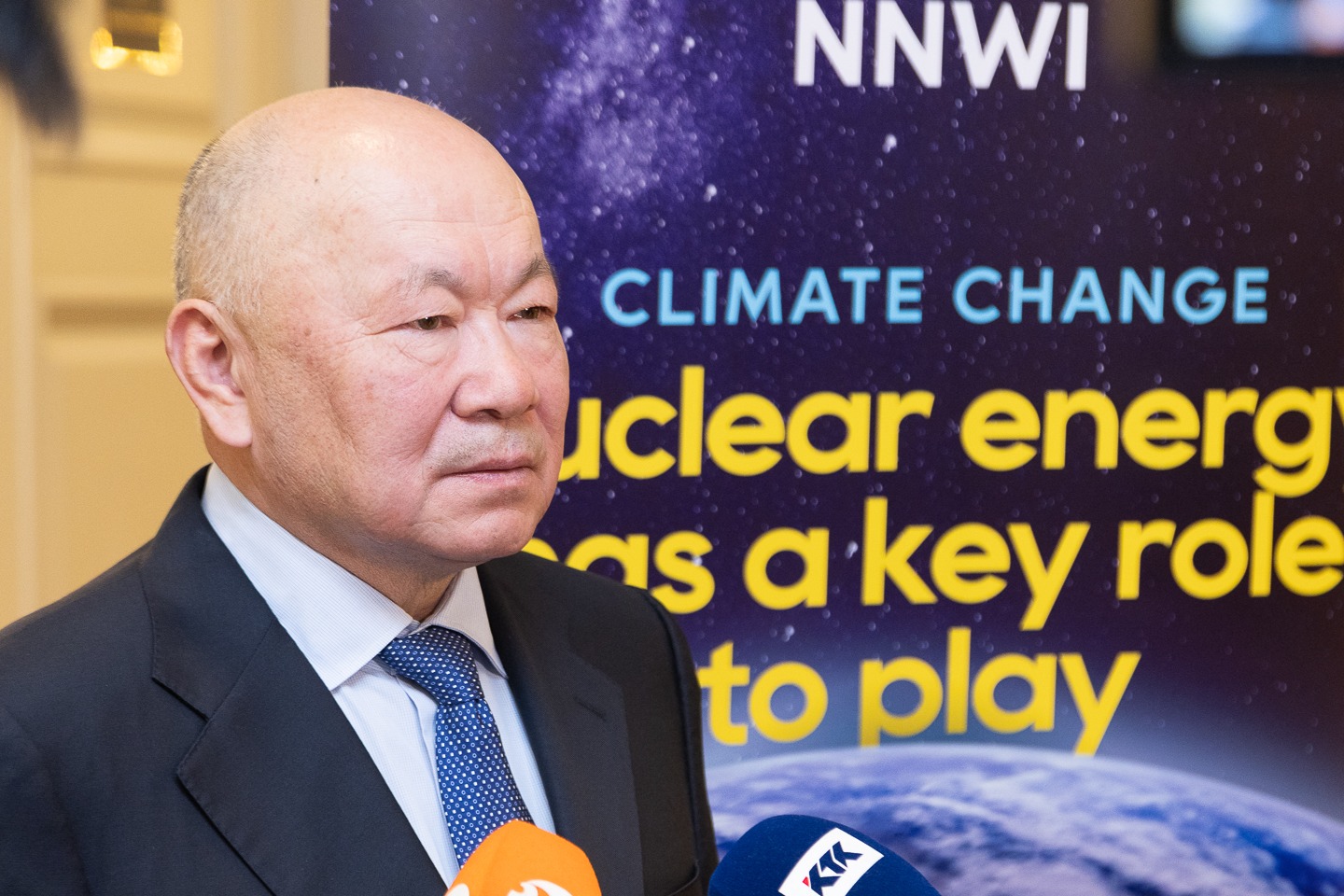Is radiophobia an epidemic? How can we get rid of the trend of fear of radiation spread among people? On this topic, we had a conversation with Baurzhan Ibrayev, Chairman of the New Nuclear Watch Institute (NNWI) in Central Asia, Chairman of the Council of Veterans of Atomic Science, Energy, Industry and Nuclear Society of the Republic of Kazakhstan, Doctor of Physical and Mathematical Sciences.
“There is no need to fear radiation”
There are 4 well-known types of radioactive rays. They are alpha, beta, gamma, and neutron. Of these, the ones that can be considered to affect humanity are gamma and neutron. These are all just terms. If a person has knowledge and understanding, they know that there is no need to be afraid of it.
For example, a nuclear power plant is 10 times cleaner than a coal plant. Wastes and damages from each coal plant have a great impact on humanity. How many millions of waste are produced per year from one TPP? Its danger is much more harmful than the radiation we are afraid of.
“There is no reason to fear NPP now”
It has been a while since this topic was discussed in our country. Nuclear energy can be considered safe if adequate safety measures are taken to ensure reactors operate according to established protocols. There are many reasons to say this.
First of all, we need to understand that nuclear power is one of the most highly regulated industries in the world. Regulations have been developed to ensure the safe design, construction, operation, and decommissioning of nuclear power plants. These rules minimize the risks.
Nuclear power plants have many redundant safety systems to prevent and mitigate accidents. These include protective shutdown systems, emergency cooling systems, and backup power supplies. If one system fails, others replace it.
In addition, nuclear power plants use advanced technologies to monitor and control reactors. They allow operators to detect any abnormalities in the system and take corrective action before a problem occurs.
“All developed countries have NPP”
Radiophobia is often based on misinformation and misconceptions about radiation and its effects on human health. Now, as you know, all developed countries have nuclear power plants.
It should be understood that the level of exposure from nuclear power plants and other sources is significantly lower than the level that can harm human health. Radiation doses to people from nuclear power plants are generally very low and subject to strict safety standards.
As I mentioned above, nuclear power plants have many safety systems to prevent accidents and minimize their consequences. These systems are constantly monitored and tested.
More likely (given how reliably safety systems are used at such facilities) there are contingency plans to protect people and the environment in the event of a nuclear accident. These plans include evacuation procedures, radiation control, and other measures.
The benefits of nuclear power outweigh the risks associated with it. It is a reliable and low-carbon energy source that significantly reduces greenhouse gas emissions and mitigates the effects of climate change. Risks are kept to a minimum through strict safety standards and effective emergency response plans.







